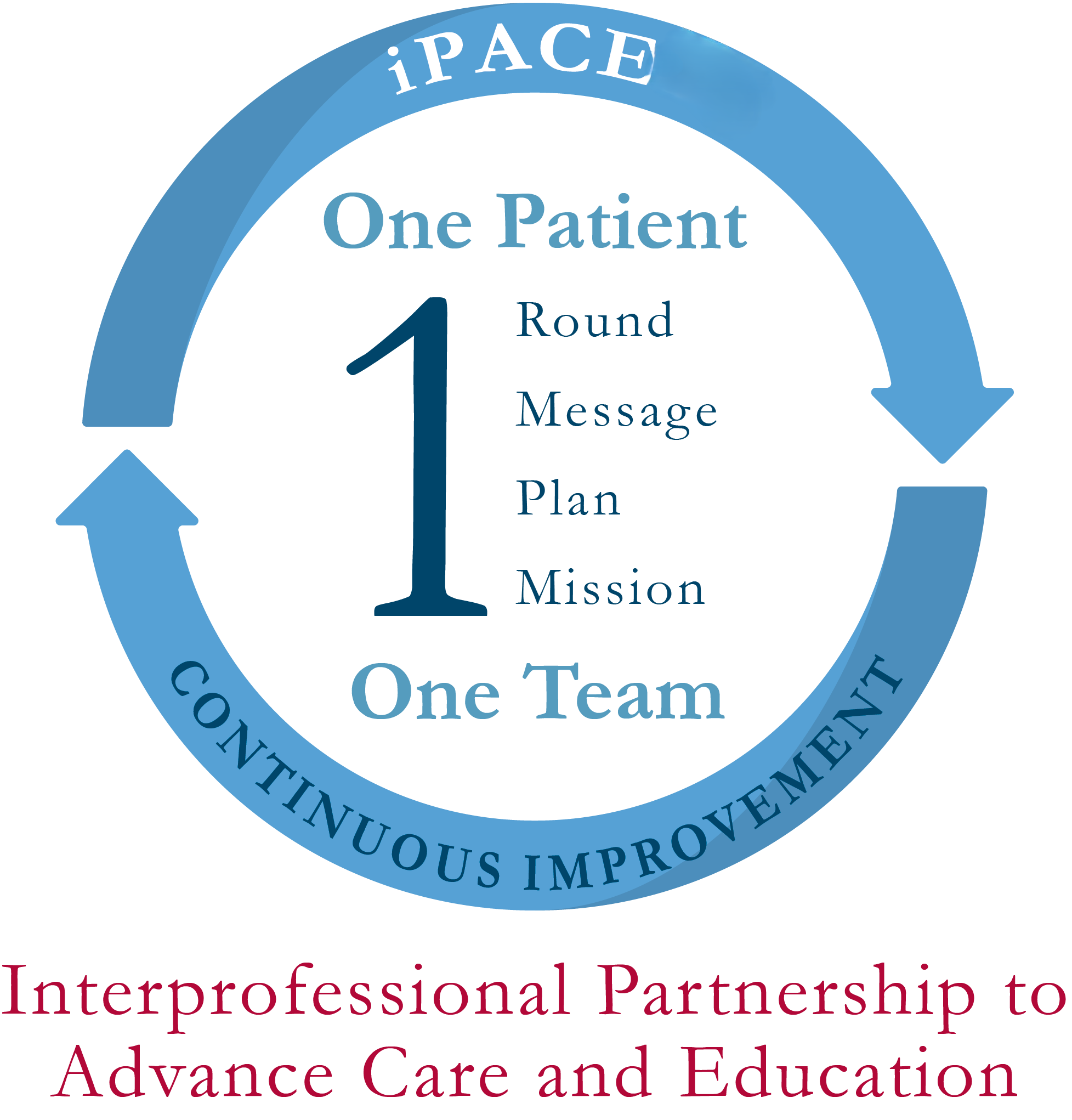Han Han and Fredrik Mørk Røkenes – Investigating The Benefits Of The ‘Flipped Classroom’ In Teacher Training
Original Article Reference
This SciPod is a summary of the paper ‘Flipped Classroom in Teacher Education: A Scoping Review’, from Frontiers in Education. DOI: https://doi.org/10.3389/feduc.2020.601593
About this episode
The ‘flipped classroom’ is an innovative educational approach that emphasises active learning, with the aim of increasing student engagement and academic performance. While educators in numerous disciplines have recently started experimenting with this approach, there is still a lack of solid research assessing its effectiveness in the field of teacher education. To fill this gap, Han Han and Fredrik Mørk Røkenes of the Norwegian University of Science and Technology have recently examined a multitude of studies focusing on flipped classroom approaches in teacher training environments.
This work is licensed under a Creative Commons Attribution 4.0 International License. 
What does this mean?
Share: You can copy and redistribute the material in any medium or format
Adapt: You can change, and build upon the material for any purpose, even commercially.
Credit: You must give appropriate credit, provide a link to the license, and indicate if changes were made.
More episodes
Dr. Sarah Hallen | The patient will see you all now: redesigning clinical learning for better outcomes
If you picture doctors making their daily rounds through hospital floors, you might imagine a single doctor standing by a bedside, examining a patient’s chart, or perhaps a group of doctors discussing a case right outside a patient’s room. However, the future of hospital care may well look more like a well-choreographed team effort, with doctors, nurses, pharmacists, students, and patients themselves, all in the same room, and all working as one team. This is exactly what Dr. Sarah Hallen and her colleagues at MaineHealth Maine Medical Center Portland envisioned when they created the iPACE model, short for Interprofessional Partnership to Advance Care and Education. Launched in 2017, this model is not just changing how doctors are trained; it’s leveraging team synergies to reshape what it means to deliver healthcare.
Dr. Angel Ford – Dr. Daniel Alemneh | Amplifying Global Voices: The Fight for Fairness in Scholarly Communication
In our increasingly interconnected world, sharing knowledge freely and fairly is crucial for ongoing development and progress. Increasing the overall size of our store of knowledge is important in dealing with the challenges we face in the modern world, but determining who can access and add to that knowledge is a key question. Prestigious academic journals and global conferences aim to help disseminate our most important discoveries and innovations, but researchers do not have equal access to such resources to promote their ideas and consequently not all voices are heard equally. Scholars from low- and middle-income countries continue to face invisible walls that limit their participation in the global exchange of ideas. This systemic imbalance is the focus of a deeply insightful study by Dr. Angel Ford of the University at Albany and Dr. Daniel Alemneh of the University of North Texas, who call for a more just and healthier scholarly communication system.
Dr Aikaterini-Christina Koula | How the law is used to silence Human Rights Defenders
Research from Dr Aikaterini-Christina Koula at Manchester Metropolitan University reveals how legal systems are increasingly being weaponized to silence human rights defenders, particularly in Europe. Her work introduces a taxonomy of violations perpetrated through the legal system and demonstrates how these tactics deviate from human rights standards, offering valuable insights for academics, practitioners, and defenders alike.
Professor Germaine A. Hoston | How Traditional Chinese Philosophy Shaped Modern Revolutionary Thought
Research from Professor Germaine A. Hoston at the University of California, San Diego, reveals how traditional Chinese philosophical idealism influenced the development of Chinese Marxism. Her findings demonstrate that despite their rejection of China’s feudal past, key Chinese Marxist theorists like Li Dazhao and Mao Zedong incorporated elements of Neo-Confucian idealism into their revolutionary philosophy. This “sinification” of Marxism drew particularly on concepts of consciousness, will, and the unity of knowledge and action from traditional Chinese thought, creating a uniquely Chinese revolutionary philosophy that challenged Soviet economic determinism.
Increase the impact of your research
• Good science communication helps people make informed decisions and motivates them to take appropriate and affirmative action.
• Good science communication encourages everyday people to be scientifically literate so that they can analyse the integrity and legitimacy of information.
• Good science communication encourages people into STEM-related fields of study and employment.
• Good public science communication fosters a community around research that includes both members of the public, policymakers and scientists.
• In a recent survey, 75% of people suggested they would prefer to listen to an interesting story than read it.

Step 1 Upload your science paper
Step 2 SciPod script written
Step 3 Voice audio recorded
Step 4 SciPod published




